‘It’s not about what you forget, it’s about what you will always remember”: Maite Alberdi on The Eternal Memory
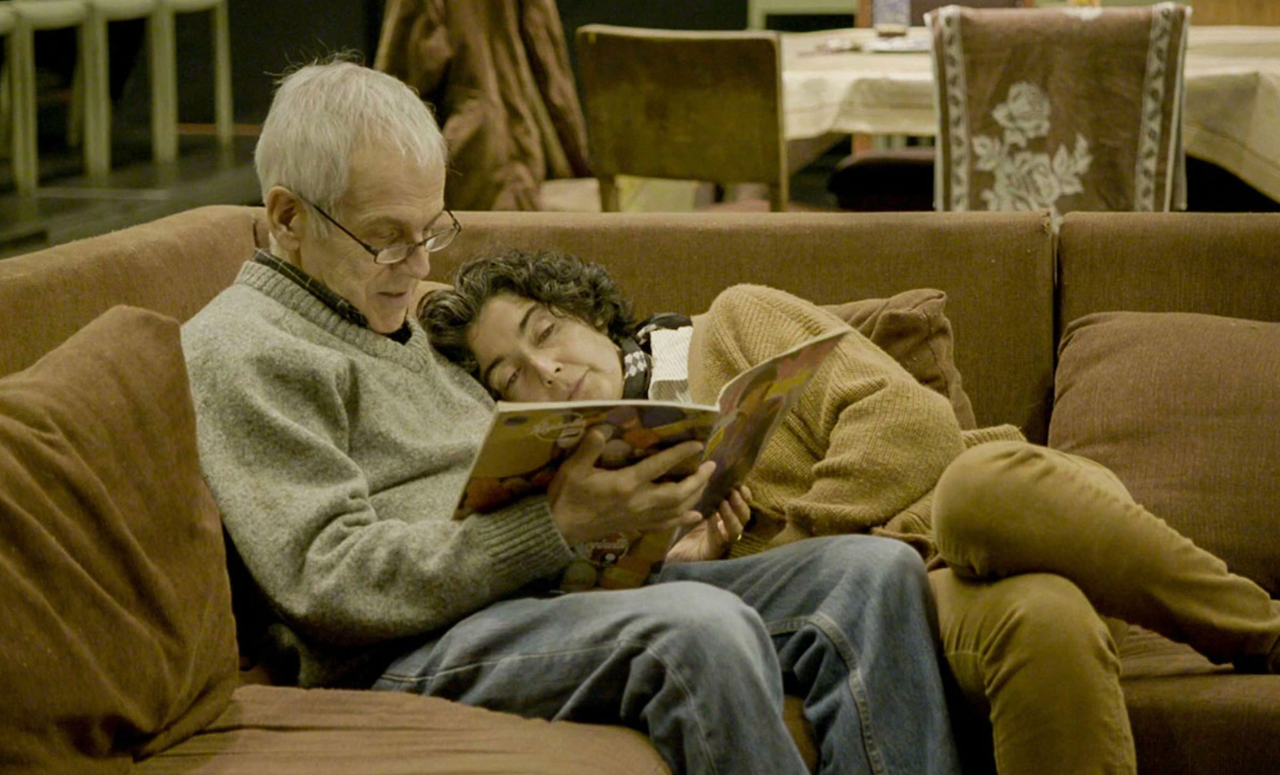
Oscar-nominated director Maite Alberdi’s The Eternal Memory is an incredibly moving insight into the relationship between Augusto Góngora and Paulina Urrutia as they come to terms with Góngora’s diagnosis of Alzheimer’s disease. It is an extremely poignant documentary; it shows that love is adaptable and that whilst our memory may fade – emotion is permanent.
Both Urrutia and Góngora are prominent figures in Chile: Pauline is a seasoned actress and was the first minister of culture, and Augusto is a successful journalist who documented huge moments in Chilean history, such as their military dictatorship. This documentary takes viewers on their journey with dementia. Although at times it’s heartbreaking to watch, Alberdi shows that love prevails.
The Upcoming had the pleasure of hearing from director, author and teacher Alberdi as she discussed her latest documentary and the importance of emotion, history and, ultimately, human connection.
Firstly, congratulations on The Eternal Memory, it is such a beautiful and touching documentary. What drew you to this story?
Well, it was a lucky encounter. I have known of Paulina and Augusto all my life because I admire their careers, but I had never met them in person. When Augusto was diagnosed with Alzheimer’s disease, he openly shared his diagnosis in a magazine and so the public knew of his disease. A few months after this article, I saw him at a university where I was teaching. Paulina also worked for this university, and when I saw them, I saw a couple that was in love and present in society. The people close to Paulina supported her and helped her to take care of Augusto and it was the first time that I saw a person with dementia not isolated from society. They were still really in love and a couple – so I found my reason to invite them to make a love story.
Their love story translates so beautifully to the screen. We just mentioned their impressive careers – how long have you followed the couple? Did you watch them on television growing up?
Yeah, when I was a teenager, I found my first approach to documentaries by watching a programme of Augusto’s on television. In this show, he analysed scenes from documentaries and it was very unexpected from public television at that time. I admire him. I have seen Paulina in theatre and television all my life. She was the first minister of culture and so, she has been a very important person in the arts.
Can you tell us a bit about the process of making this documentary?
It was very special because it was completely different from what I had done before. I thought I was going to make a film about Alzheimer’s disease and in the end, it was a love story. The disease is only a context. It is not about what you forget, it is about what you will always remember. I learned that there is a part of the body where memories remain and are permanent. For example, feelings from the past that remain with us – that was very unexpected for me. I saw a man who will always remember that he lost his friends during the dictatorship and that was so special and unique. Augusto’s love for Paulina was always there, so it was not a film about the present. This pushed me to create a film about all of life. It is “the eternal memory” because the body is always remembering. That was the biggest discovery for me during the process.
An aspect of this film I found extremely captivating was your choice to include Chilean history. How important was it for you to make this inclusion?
It came from the same idea. It was important once I realised that Augusto could remember what he lost during that time. He remembers the friends he lost and the pain of the dictatorship even when he forgets information. I realised that there are historical moments that become a feeling you cannot erase. The history was included to share that you can reinterpret facts like the dictatorship, but you cannot erase the pain of a country. Augusto could not remember the facts, but he could remember the pain. In his speech at the beginning of his novel, he says: “The Chileans have to build their mourning from the emotions and not from the facts, not from the commemoration, not from the dates – completely from the emotion…” and that is what is happening to him. This is what moved me to include the historical level of the film.
What elements of creating this feature did you find challenging?
COVID-19 of course! In Chile, our lockdown was very strict. We were in lockdown for a year and a half. So, I sent a camera to Paulina and I was not expecting her to make a film. It was more of a kind of research until I returned. I never asked her to create a scene. The camera was completely out of focus, but it created a powerful dialogue between us. It was a huge gift because it gave me material I would never have created. Even when I had all the access, I would not have been in these situations.
I thought the footage from the pandemic really captured that moment in history. Did you have to direct Paulina during that time?
No, I never directed Paulina. I always found that she moves us herself. We both made the decisions about when they wanted to shoot. They were completely free. I only follow them. I direct them in the editing and in the camera work but not in the situations.
It feels so natural, I felt like a third member of their family. How did you decide when to stop filming?
Yes, you are like a member of their family. It was a hard decision and difficult question because I said at the beginning, “I want to be with them for ten years or 20 years… until the end.” But you never know when the end will come. Augusto passed away a year after I stopped filming. Augusto said at the end, “I am not him anymore.” Paulina said, “Yes, you are Augusto.” He said, “I am not.” He could not move so well, and it was the first time in five years that I felt uncomfortable being there with the camera. It was also the first time in five years that he felt uncomfortable with himself. It was a clear moment to end because he felt like he had lost his identity.
As well as his professional career, we see a lot of Augusto’s home footage. How long did it take for you to decide what to include?
There was a lot of material. I decided to include the scenes that give context to the present. I wanted the scenes of the past to give viewers another level to understand their relationship at the end. For me, it was always a love story and so I wanted the images to help you build a relationship with the couple. In public situations, I wanted viewers to be able to understand why they were in love.
Your previous film, The Mole Agent, also touches on the subject of ageing – is this topic of particular interest to you?
Yes, it is a topic that interests me. I don’t explore it in the same way I did in The Mole Agent, it is completely different because these are people who are living through a kind of ageing and The Mole Agent was isolated. The Eternal Memory is a perfect example of learning to live with the fragility of ageing and I am more interested in observing fragility rather than old age. I want to explore how we build society and how we understand the teachers and the caregivers. I am interested in human society. Paulina always says, “This illness came to remind us that we are humans.” This shows that fragility is part of us, and we forget that.
By the end of shooting, you had spent over four years with Augusto and Paulina. What do they mean to you?
Oh! So many things. For me now, they are kind of family. It was a very close relationship for me, and I think that I learned about the kind of relationships that I want to build in my life. They helped me to focus on conserving and preserving the day-to-day of life. They helped me to live small moments and taught me that you can adapt your love. They taught me big lessons about how there is no one way to be a couple and to experience love in the end.
So, what is next – will viewers see another documentary from you?
Yes, there are always things in development. So, we will see!
Tilley Bennett
The Eternal Memory is released in select cinemas on 10th November 2023. Read our review here.
Watch the trailer for The Eternal Memory here:

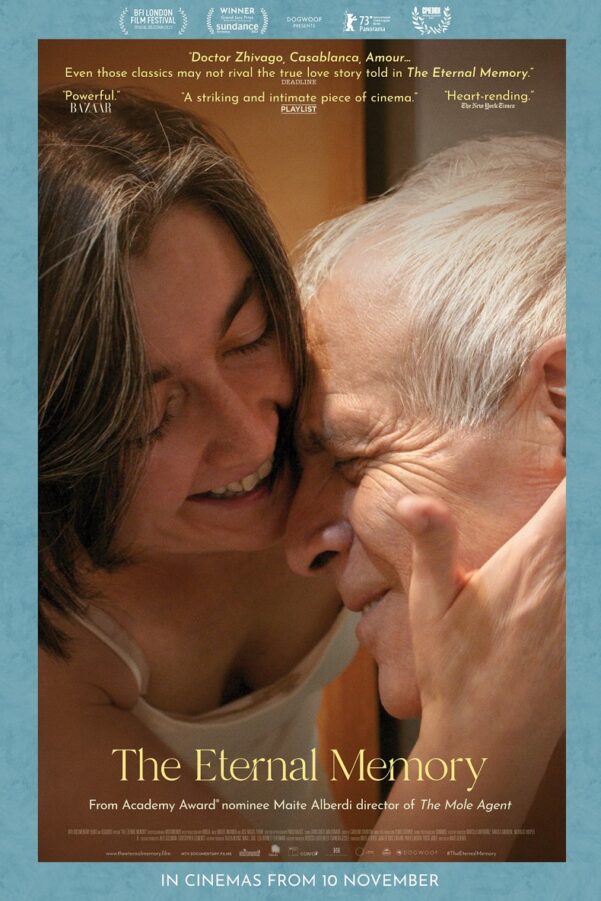

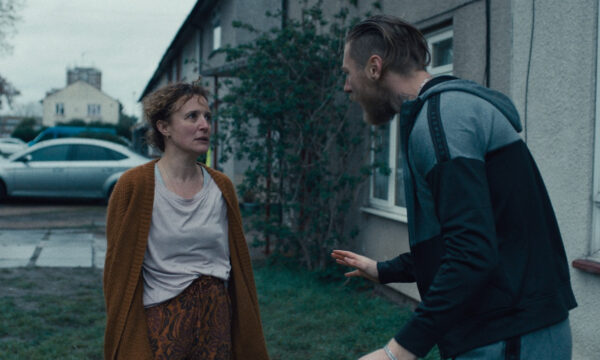

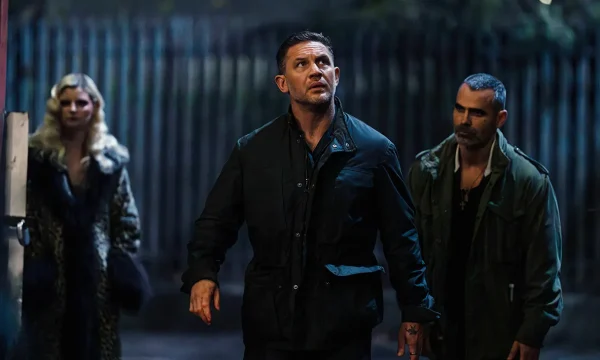
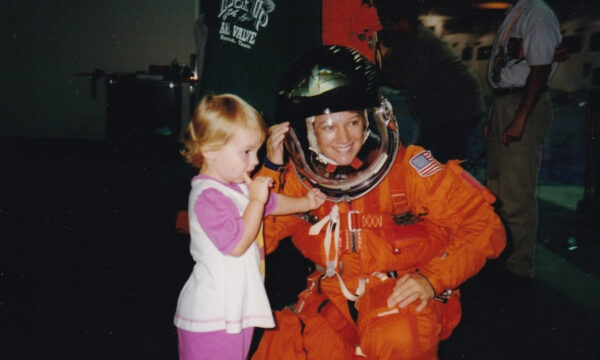
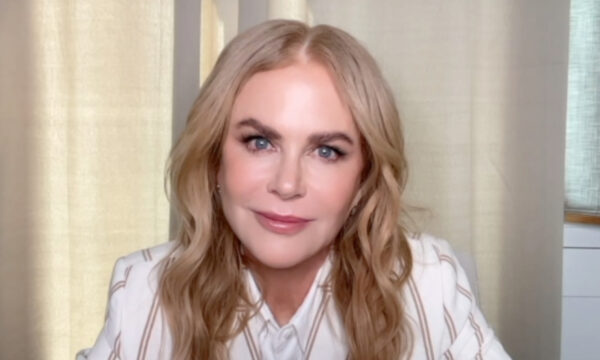
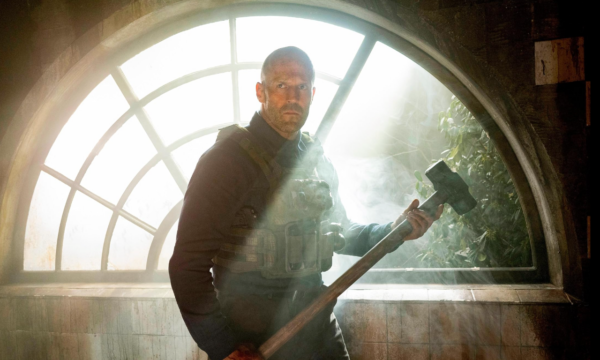
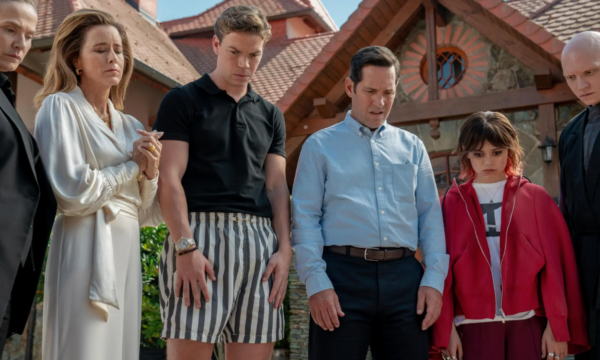









Facebook
Twitter
Instagram
YouTube
RSS